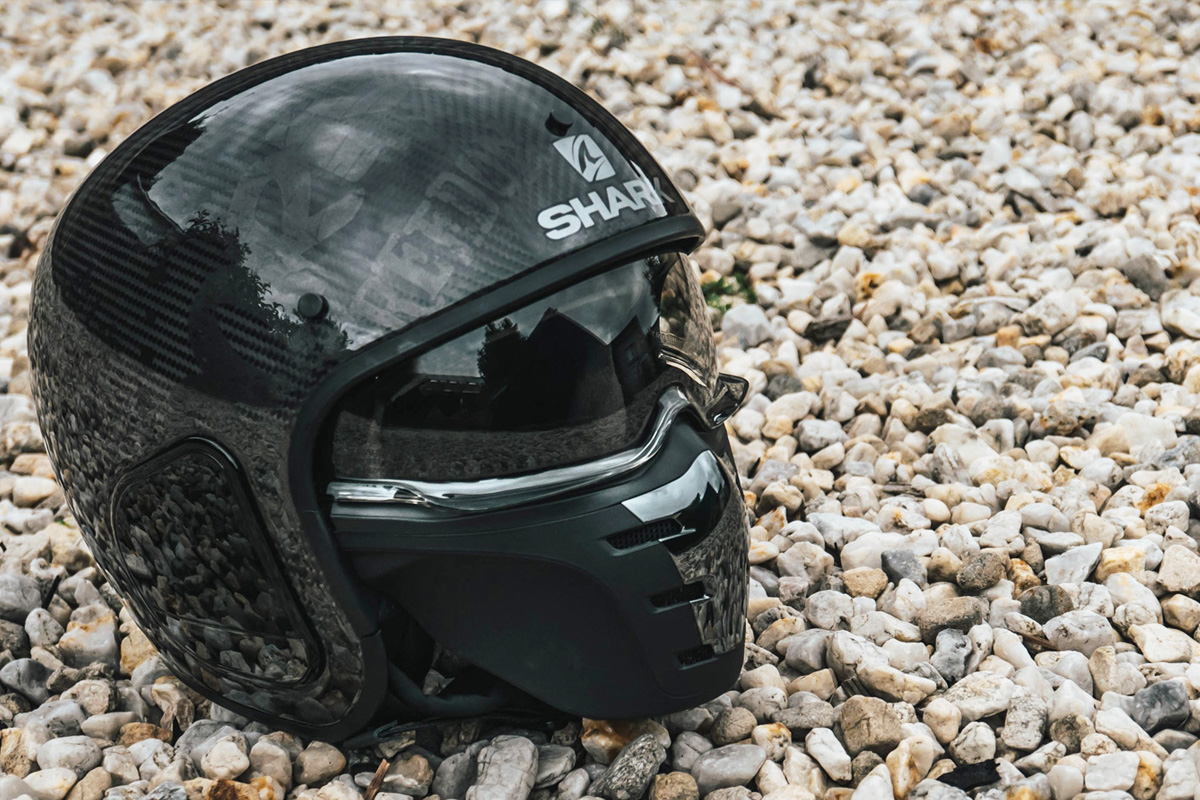
How to choose the right motorcycle helmet
Choosing the right motorcycle helmet is one of the most important decisions a rider can make to ensure their safety and comfort on the road. With different styles, features, and sizes available, it's important to choose a helmet that suits your riding needs and provides the best protection. In this guide, we'll walk you through steps to help you choose the right motorcycle helmet.
1. Determine your riding style
The type of motorcycle you ride and your riding style will influence your helmet choice. Here are some common riding styles and the helmets associated with them:
-
Full Face Helmets:Ideal for all types of riding, they provide maximum coverage, including the chin and face. Full face helmets provide the highest level of protection from impact, wind and debris.
-
Open Face Helmets: Popular among cruiser and scooter riders, open face helmets cover the top and sides of the head, but
-
Modular Helmets: These versatile helmets combine the functions of both full-face and open-face helmets. They have
-
Off-Road Helmets: Designed for dirt and motocross cycling, off-road helmets have a distinctive shape with a sun visor and good ventilation. They provide maximum airflow and protection for off-road adventures.
-
Dual Sport Helmets: These helmets are suitable for riders who enjoy riding both on and off-road. They provide a balance between
-
Half Helmets: Often preferred by riders who want minimal coverage, half helmets cover only the top of the head. They provide the least amount of protection, but are lightweight and have a classic look.
2. Safety standards
Make sure the helmet you choose meets the safety standards specific to your region. Common certifications include DOT (Department of Transportation), ECE (Economic Commission for Europe), and SNELL (Snell Memorial Foundation). These certifications ensure that the helmet has passed stringent safety tests.
3. Fit and sizing
A properly fitting helmet is critical to your safety and comfort. To determine your helmet size, measure your head circumference with a flexible tape measure
- The helmet should sit flat on your head, without leaning forward or backward.
- It should cover the forehead without obstructing the view.
- The cheek pads should fit snugly to your
- Use the helmet's mounting system (usually a chin strap) to secure it in place.
4. Helmet shape
Helmets come in a variety of shapes, including round, medium oval, and elongated. The shape of your head plays an important role in choosing the right helmet. Choose a helmet shape that matches the shape of your head for the best fit and comfort.
5. Ventilation
Ventilation is essential for driver comfort, especially in hot weather. Look for helmets with adjustable vents that allow you to regulate airflow. Proper ventilation can help prevent fogging and keep you cool while traveling.
6. Protective face mask and visor
Choose a helmet with a face shield or visor that provides clear vision and protection from UV rays. Some helmets come with features such as anti-fog and
7. Storage system
The fastening system, such as a D-ring or quick-release buckle, should be easy to use and hold the helmet securely in place. Make sure it provides a snug fit without excessive pressure.
8. Weight
Lighter helmets tend to be
9. Additional features
Some helmets come with additional features such as built-in Bluetooth connectivity, removable ear pads for easy cleaning, and goggle compatibility. Choose features that suit your riding preferences and needs.
10. Budget
Decide your budget when purchasing a helmet. While safety should be a top priority, helmets are available at a variety of prices. Invest in the best quality helmet you can afford to keep you safe on the road.
11. Maintenance
Check and maintain your helmet regularly to ensure its safety and durability. Follow
Choosing the right motorcycle helmet is a critical decision that can greatly impact your safety and riding experience. Take the time to do your research, try on different helmets, and choose the one that best suits your riding style, fits comfortably, and meets safety standards. Remember that wearing a helmet is not just a choice






